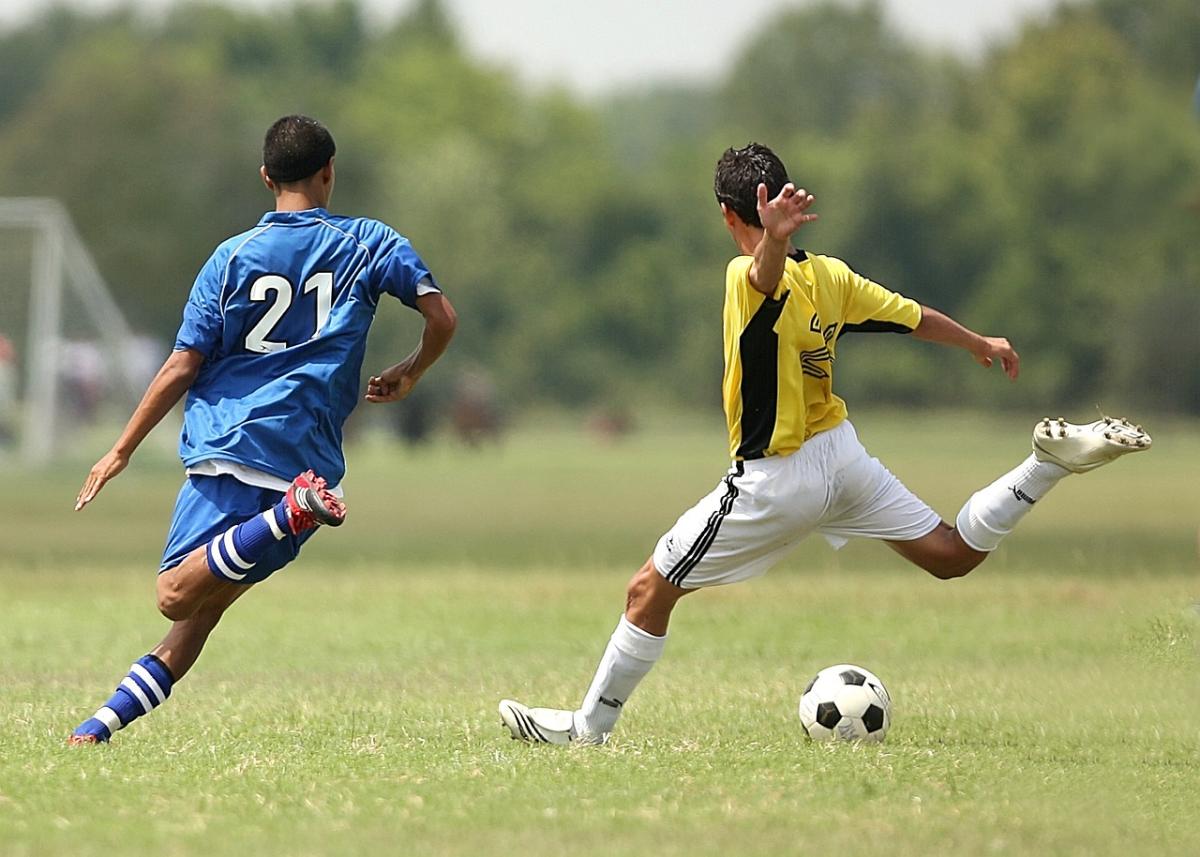Soccer, known as football outside of North America, has a rich history that dates back thousands of years. Its origins can be traced back to ancient civilizations who played similar games with a ball made from various materials. For instance, the Greeks and Romans enjoyed a game called Harpastum, which involved kicking a stuffed ball. Even the Chinese were known to play a version called Cuju, which dates back to around 206 BC.
Fast forward to the 19th century in England, and the game began to take on a more recognizable form. Various schools and clubs started playing their own versions, each with different rules. This patchwork of local rules eventually led to confusion and disputes during matches. To tackle this, the Football Association was formed in 1863, creating a standard set of rules for the game. This was a significant turning point that paved the way for modern soccer.
As soccer gained popularity in England, it quickly spread to other parts of Europe and beyond. By the late 19th and early 20th centuries, international competitions began to emerge, showcasing talent from around the world. The FIFA (Fédération Internationale de Football Association) was founded in 1904 to oversee international play and set regulations. This helped unify the game, making it accessible and enjoyable for players and fans across continents.
Today, soccer is a global phenomenon, with millions of fans and players worldwide. It's more than just a game; it connects cultures, communities, and people from all walks of life. Whether you're watching the World Cup or playing a casual match with friends, the essence of soccer—the joy, excitement, and passion—remains the same as it was hundreds of years ago.
Major Milestones in Soccer Development
The journey of soccer, or football as it's known in many parts of the world, is filled with significant milestones that have shaped the game into what it is today. One of the earliest significant events took place in 1863 when the Football Association (FA) was formed in England. This was a big deal because it set the foundations for standardized rules, known as the Laws of the Game. Before that, each region had its own variations of the sport, making it pretty chaotic!
Fast forward to 1930, and we see a landmark event with the first-ever FIFA World Cup held in Uruguay. It featured just 13 teams and marked the global stage for nations to compete. This event not only popularized the sport worldwide but also helped cement soccer's place in the hearts of fans across different countries.
Another key milestone came in the late 20th century with the rise of women's soccer. While women have been playing for centuries, the establishment of the first FIFA Women's World Cup in 1991 was a game changer. This tournament showcased incredible talent and sparked interest in women's soccer, leading to more investment and support for female players globally.
In recent years, technology has also made a significant impact on the game. The introduction of VAR (Video Assistant Referee) in major leagues and tournaments has changed how decisions are made on the field. Fans love the debates it spurs, and it shows how the sport is ever-evolving while trying to balance tradition with modern advancements.
Iconic Moments That Shaped the Game
Soccer has had its fair share of unforgettable moments that have changed the game forever. From stunning goals to controversial calls, these iconic incidents not only define eras but also bring fans together. Let’s dive into some of these moments that made history.
One of the most talked-about moments is Diego Maradona's "Hand of God" goal in the 1986 World Cup. This wasn’t just any goal; it was a blend of controversy and brilliance. Maradona, with a bit of cleverness, used his hand to knock the ball in, and then followed it up with a jaw-dropping solo goal that left defenders in the dust. It’s a moment that still sparks debates today!
Fast forward to 1999, and we can't forget Manchester United’s dramatic comeback in the Champions League final against Bayern Munich. Trailing 1-0, they scored two goals in injury time. That last-minute surge not only gave them the title but also solidified their status in soccer history. Talk about a nail-biter!
Then there’s the legendary goal from Zlatan Ibrahimović in 2012 during a friendly against England. A bicycle kick from such a distance? It’s one of those moments when you just had to see it to believe it. His talent and flair often make us rethink what’s possible on the pitch.
These moments, marred by controversy or painted in jubilation, showcase why soccer is beloved worldwide. They connect generations of fans and remind us of the beautiful game’s unpredictable nature. Keep an eye out; who knows what iconic moment will come next?
Soccer's Global Influence Today
Soccer has truly become a global phenomenon. Today, it's not just a sport; it's a culture that unites millions around the world. From the bustling streets of Rio de Janeiro to the serene fields of rural Africa, soccer brings people together regardless of age, background, or nationality. It’s much more than just kicking a ball; it’s about building friendships and fostering community.
Major international tournaments, like the FIFA World Cup and the UEFA Champions League, attract fans from all corners of the globe. These events create a shared experience that transcends barriers. Fans gather in living rooms, bars, and stadiums, cheering for their favorite teams, experiencing highs and lows together, and forming bonds that can last a lifetime.
In addition to entertainment, soccer plays a crucial role in social change. Initiatives that use soccer to promote education, health, and equality are popping up everywhere. Many organizations harness the sport’s popularity to advocate for important causes, proving that soccer can be a powerful tool for positive change.
With the rise of digital platforms and social media, fans now have instant access to games, highlights, and news from around the world. This connectivity has made soccer more accessible than ever. It’s easy to follow your favorite teams and players, no matter where they are. This global reach has helped the sport evolve into a passionate community, where discussions and debates thrive online and offline.


